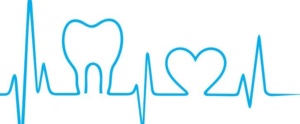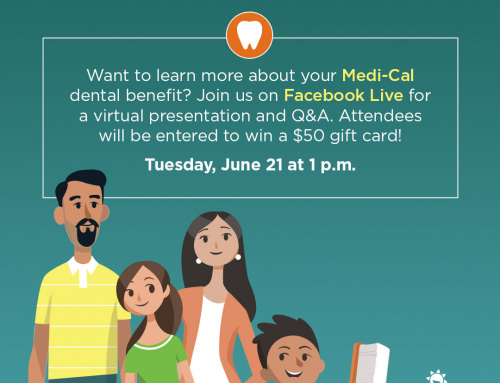Dental health goes beyond accomplishing an attractive smile. Dental hygiene is an important aspect to personal care because it impacts quality of life. If dental care goes unmanaged, it can cause detrimental health problems such as dental decay, tooth loss, gum disease, heart disease, diabetes, heart disease, and cancer among other conditions (MayoClinic, 2018). Despite the consequences, dental health disparities are profound.

PC: https://www.bcdental.org/YourDentalHealth/YourDentalHealth.aspx?id=13698
Why do 92% adults aged 20 to 64 have dental decay in a developed country like the United States (National Institute of Dental and Craniofacial Research, 2018)? Lack of healthy lifestyle and diet choices, education, and financial coverage are barriers to dental health care. This is especially true in underserved communities like rural areas. According to the Centers for Disease Control (CDC), current efforts to address dental health disparities include preventative education, school-based dental sealant programs, and community water fluoridation. Dental health and well-being go hand in hand so some simple takeaway ‘healthy habits’ are:
• Healthy Eating
• Refraining from smoking, vaping, or chewing tobacco
• Brushing (2x) and flossing (1x) teeth every day
• Changing toothbrushes every 3 months
• Visiting the dentist twice a year
Take action… Turn that frown upside down and smile like you mean it! Please contact the Inyo County Health and Human Services Dental Program for informative liaison services at (760) 872-1886.
References
Center for Disease Control and Prevention. (2016, May 17). Oral health basics. Retrieved from
https://www.cdc.gov/oralhealth/oral_health_disparities/index.htm
MayoClinic. (2018, November 1). Oral health: A window to your overall health. Retrieved from
https://www.mayoclinic.org/healthy-lifestyle/adult-health/in-depth/dental/art-20047475
National Institute of Dental and Craniofacial Research. (2018, July). Dental caries (tooth decay) in adults
(age 20 to 60). Retrieved from https://www.nidcr.nih.gov/research/data-statistics/dental-caries/adults






